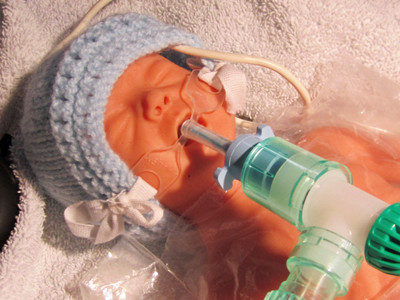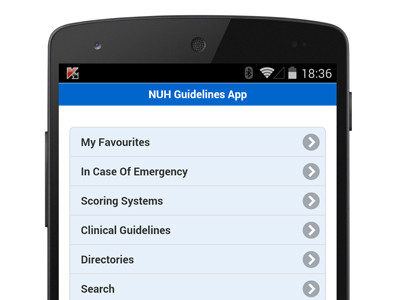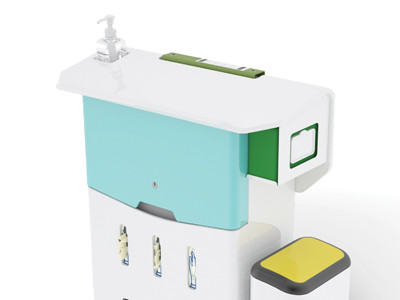In the healthcare sector, human factors experts aim to support clinical staff in delivering safe, high-quality care by researching all aspects of the clinical environment, including equipment, workspace, work practices, organisational structure, safety procedures and training with the aim of ensuring that the system in which they work in runs as smoothly and safely as possible. Human factors experts help to identify potential risks to patient care and propose solutions that fit both patients and staff. When incidents happen, human factors experts can examine what went wrong and propose ways to prevent such an incident happening in the future.
Our members work in a range of healthcare fields. Watch the video of Alex Lang and read other members’ case studies, reports and articles below.

Q&A with Sue Hignett, Professor of Healthcare Ergonomics & Patient Safety, Loughborough University
What’s the most significant contribution human factors is making to patient safety?
Right now, definitely in medical device design. We’re finding that a lot of our graduate students are being employed by medical device companies as the latest international standards (particularly from the US) require human factors usability as part of medical device design. Drug delivery devices is a particularly active area, with many global pharma companies employing human factors teams to lead on this. [The CIEHF is organising a medical device design workshop, see more details.]
What’s the biggest challenge you face in your sector?
To quote Bob Wears, a patient safety expert and emergency room doctor from the US, “healthcare doesn’t employ safety scientists”. In the UK, we’re not seeing human factors professionals being brought in. Back in the 1980/90s when staff wellbeing was a big topic and the EU directive landed, we saw a rise in ergonomists being employed across healthcare. Back then I worked in a Nottinghamshire hospital, it was calculated by the Health & Safety Executive that we saved the Trust over £3.5million thanks to our work to reduce staff absence due to musculoskeletal-related conditions. We’re seeing a lot of interest from doctors and those across the medical profession, however, many are trying to integrate human factors on top of their own jobs and it’s just not working. Human factors is a specialist profession and it is my belief that every NHS Trust must employ those experts, or at the very least, someone with a post-graduate certificate in human factors.
What are you most excited about in your sector?
At Loughborough University, we’re working on an exciting new research project with the Ministry of Defence on a global challenge to make healthcare safer. We hope through the HUMAN-FIIT project, that in 25 years time we will see the engagement at all the right levels to make human factors mandatory across the healthcare system as it is now in defence. Please follow @HUMAN-FIIT: Human Factors (Ergonomics) Integration & Investigation research team on Twitter for all our updates. Whilst our NHS is very fragmented, I’m excited to see pockets of best practice springing up. We’re seeing many more healthcare staff getting their post-grad certificates from lots of hospitals and as mentioned before, the medical device industry is also helping our specialists make inroads into the healthcare system.
What advice do you have for students and CIEHF members keen to enter the healthcare sector?
Right now, medical device companies are a great option, the jobs are plentiful, and the opportunities to learn and make an impact are there. From a professional development point of view, I would say that we must value our professional time, and step aside from the budget uncertainty across the NHS. Myself and many of my colleagues are being asked to consult on a voluntary basis, which in the long-term could damage our profession. I’m also seeing the term ‘human factors’ disappearing or being absorbed into quality initiatives. It is vital that where human factors is being used, that we stand up and shout about it!






